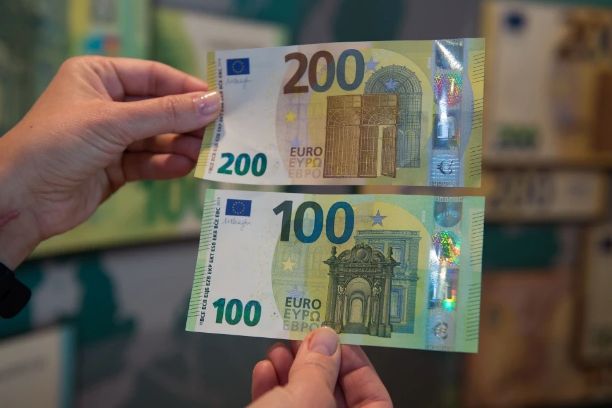EUR/USD gains traction above 1.0750 as US consumer confidence tumbles to a four-year low

EUR/USD holds positive ground around 1.0780 in Wednesday’s Asian session, adding 0.13% on the day.
The US CB’s Consumer Confidence Index fell to a four-year low in March.
ECB’s Villeroy said there is still room to cut the interest rates further.
The EUR/USD pair gains ground to near 1.0780 during the Asian trading hours on Wednesday. The Greenback softens against the Euro (EUR) due to the weaker US economic data and the uncertainty surrounding US President Donald Trump's trade policy ahead of a new round of tariffs next week. The US Durable Goods Orders report for February is due later on Wednesday.
Weak confidence data and concerns about the economic slowdown in the United States could drag the US Dollar (USD) lower. Data released by the Conference Board on Tuesday showed that US consumer confidence fell to the lowest level in more than four years in March, indicating how the uncertainty is weighing heavily on households.
Persistent uncertainty over Trump’s reciprocal tariff plans for next week might undermine the Greenback in the near term. Trump said late Monday that not all levies would come on the April 2 deadline, and some countries would get breaks, without providing more details. "There's an elevated baseline anxiety in the markets still ahead of next week's trade policy announcement from the Trump administration," said Kyle Rodda, senior financial markets analyst at capital.com.
However, the dovish comments from the European Central Bank (ECB) policymakers might weigh on the EUR. ECB Governing Council, Francois Villeroy de Galhau, said late Tuesday that there is still room to cut the interest rates further, and the 2.5% deposit rate could fall to 2% by the end of the summer.
* The content presented above, whether from a third party or not, is considered as general advice only. This article should not be construed as containing investment advice, investment recommendations, an offer of or solicitation for any transactions in financial instruments.


